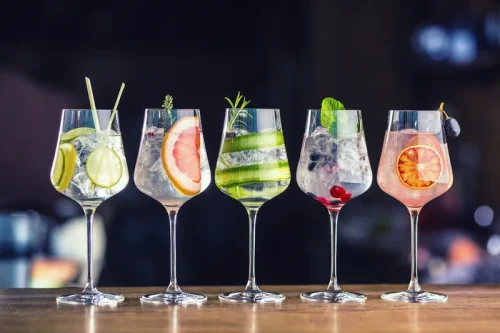
When I first quit, my anxiety initially revved up. I had an overwhelming sense of not being able to calm down. But then I crashed and struggled to do most basic things. I got myself to work, but that was about it. You’re giving up something that used to be a big part of your life.
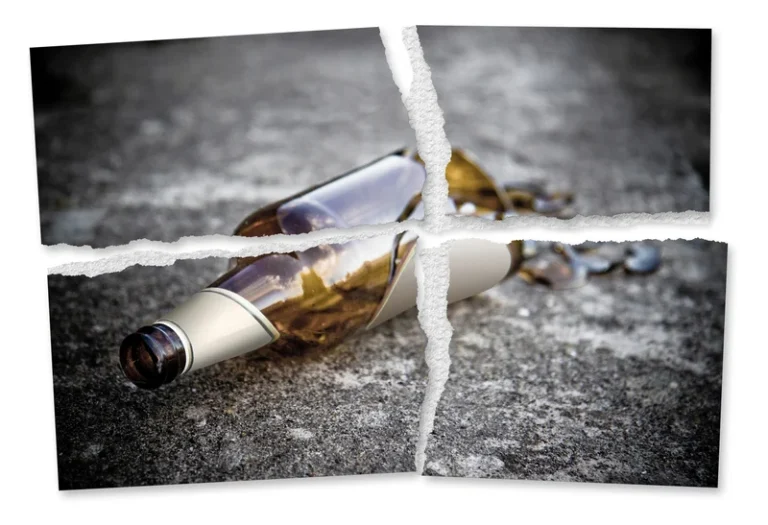
Why am I bored when I’m sober?
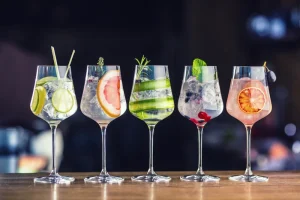
Also, delete the apps from your phone to help keep temptation away. Social media is detrimental to mental well-being. You may feel much better without it and opt never to go back. In the same fashion as learning, watch Substance abuse a documentary.
- Continue reading to learn helpful tips for managing boredom in recovery.
- Remember, it’s not that sobriety is terrible, but that your brain is trying to grapple with the sudden loss of dopamine.
Assessing and Modifying Your Physical Environment
It’s common to believe that there is no possible way that life can be fun without alcohol or drugs, but this is dysfunctional thinking that is actually part of the process of denial. These old unhealthy thinking patterns take time to break and put you at greater risk for relapse. For this reason, establishing healthy (and fun!) habits and behaviors is essential to success in early recovery. Boredom is part of everyone’s life, but it can be precarious for someone in early recovery from substance use. People who are newly sober bored when sober find themselves with more time on their hands, time that used to be spent acquiring, using, or recovering from their substance of choice. Oftentimes people move away from healthier habits when they are actively drinking or using drugs, and it can be difficult to reestablish those habits in early recovery.
- However, these myths are far from the truth.
- Sobriety can come with a big lifestyle adjustment, but at the end of the day, your future self will thank you for it.
- Finding interesting articles and talking to my coworkers about them, or finding funny videos to share was fun.
Give Yourself a Time Out
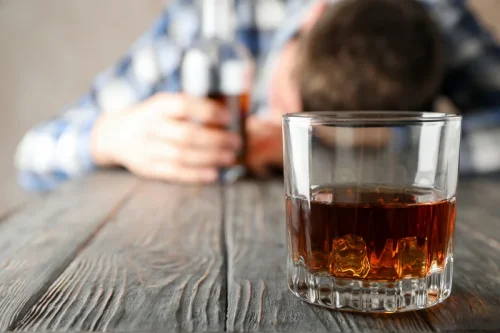
And even once you’ve quit drinking, there is a time between when your life was filled with alcohol, and with drinking events. And with the connections that you made and had the adventures that you had, while drinking and the period of time before your life is filled, and joyful and exciting without alcohol. And I want to talk about that in this episode. We understand that early sobriety is a difficult time full of a range of emotions. We work with guests to create a whole-health action management plan, allowing them to discover and explore many opportunities in recovery. We work with guests to create a meaningful and sustainable aftercare plan that includes healthy habits and routines that are meaningful to them.
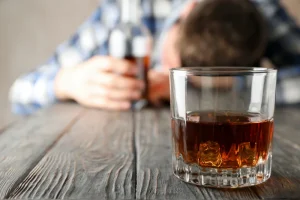
Sobriety doesn’t have to be a struggle or a bore. By actively seeking out addiction treatment and focusing on your physical health, you can replace the desire to drink or use drugs with new, healthy habits. Don’t let boredom sabotage your progress—explore activities that bring you joy and a sense of purpose. Coping with boredom is a challenge, but with the right strategies and support, you can build a life that’s exciting, fulfilling, and entirely your own.
It also opens up space to approach your internal world differently. One of the biggest impediments to my sobriety during my relapse days was my inability to avoid getting consumed by emotions. So much of this list is not just about finding things to do, but treating the underlying causes of extreme boredom in sobriety.
Start Your Day with Yoga
People in early recovery experience anhedonia because of the way alcohol changes the structure of the brain. There are many factors to consider, such as genetics, how much you drank and for how long, the extent of damage, and pre-existing mental health problems. Alcohol abuse and comorbid depression are common – meaning they often occur simultaneously. With alcohol-induced depression, alcohol use actually triggers the depression.

